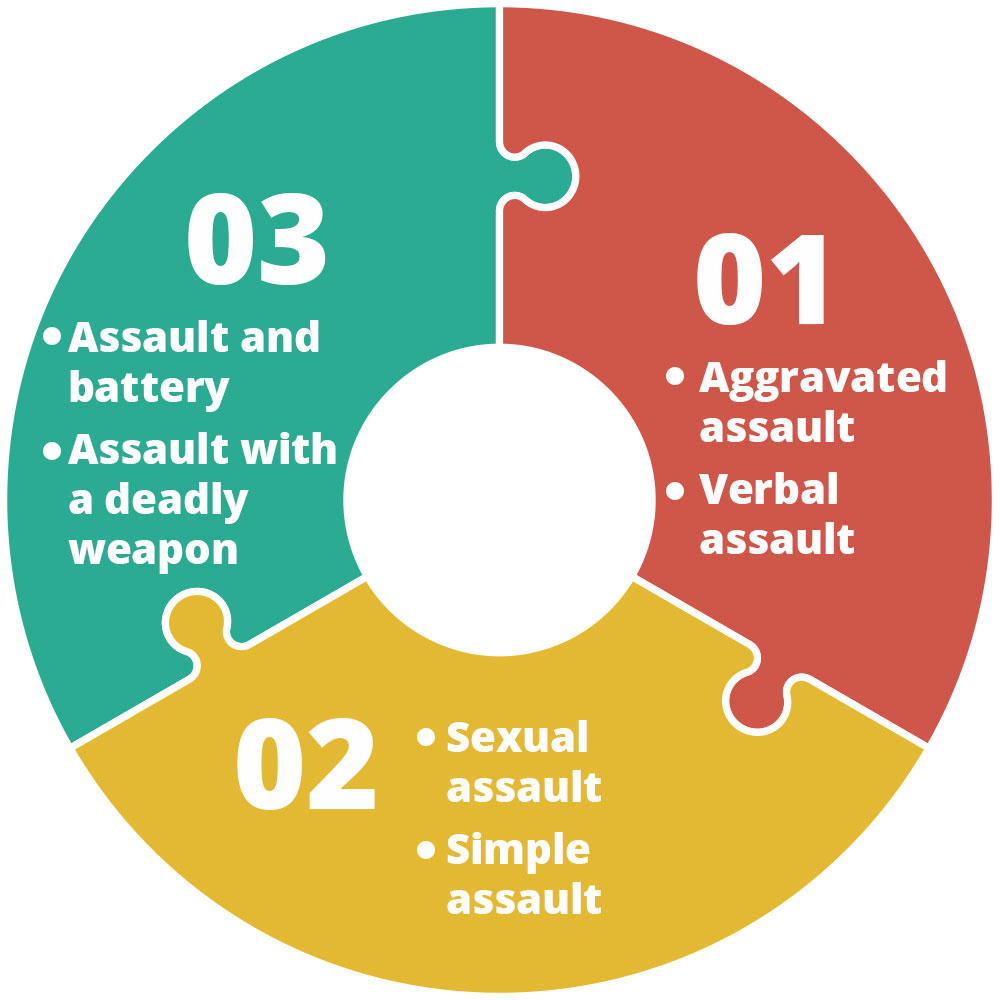An Introduction Of The Criminal Trial Process: An In-Depth Step-By-Step Guide

Created By-McLean Gill
When you enter a criminal test, you may be stunned by the organized process that unravels. It all starts with jury option, where potential jurors are looked at for predispositions through a method called "voir dire." Afterwards, both sides provide their opening declarations, setting the stage for the proof and testaments to adhere to. You'll see just how the prosecution and protection construct their instances, however what happens next can substantially affect the end result. Comprehending these phases can disclose the intricacies of justice, yet there's even more to reveal concerning the critical moments that follow.
Jury Selection Process
When it comes to the jury choice procedure, you're diving right into an important phase of a criminal trial. This process, often called "voir dire," involves questioning prospective jurors to ensure they're impartial and with the ability of delivering a fair decision.
You'll see both the prosecution and defense lawyer taking part proactively, each aiming to choose jurors that line up with their situation's story.
Throughout voir dire, you'll see that attorneys ask questions regarding jurors' backgrounds, ideas, and experiences. Their goal is to determine any pre-existing prejudices that could influence a juror's choice. As a juror, you could feel a mix of anxiety and inquisitiveness, however your sincerity is important.
After examining, attorneys can challenge certain jurors for reason if they think a juror can not stay impartial. They can also make use of a minimal number of peremptory challenges to disregard jurors without stating a reason.
Trial Phases Explained
The phases of a criminal test play an essential function in making sure a fair and structured process.
You'll initially come across the opening declarations, where both the prosecution and protection detail their instances. This sets the stage for what's ahead.
Next off, the prosecution offers its proof and witnesses, aiming to prove the defendant's regret past a sensible question. You'll see straight exam complied with by interrogation, enabling both sides to challenge the presented information.
After the prosecution relaxes its situation, it's the defense's turn. They'll offer their evidence and witnesses, commonly concentrating on creating practical doubt. You'll see that the defense doesn't have to prove innocence; they just need to test the prosecution's instance.
Once both sides have actually provided their arguments, you'll hear closing declarations, where each party summarizes their situation. This is essential as it enhances their settings prior to the court mulls over.
Throughout these phases, the court ensures that the trial sticks to lawful requirements which the rights of both events are secured.
Understanding these phases will help you value the intricacies associated with a criminal trial and the value of each step in the quest of justice.
Decision and Punishing
Besides evidence has actually existed and arguments made, the court or judge supplies a verdict, identifying the accused's guilt or virtue. If you're part of the jury, you'll ponder with your other jurors, reviewing the evidence and your impacts. This process can require time, as you'll intend to make sure everyone settles on the verdict based upon the truths.
Once a verdict is gotten to, it's introduced in court. If the defendant is found guilty, the next phase is punishing. This is when the court decides the proper penalty. You might observe that different factors influence the sentence, such as the severity of the criminal offense, the accused's previous record, and any type of mitigating conditions.
The court might enforce a series of sentences, from fines and community service to jail time. In some cases, the defense or prosecution can provide disagreements pertaining to sentencing, attempting to persuade the judge's decision.
If the accused is found not guilty, they're acquitted, and no punishment complies with. Bear in mind that a guilty judgment can frequently bring about appeals, where the offender may challenge the judgment or the sentence enforced.
Verdict
In a criminal test, you've seen just how important each action is, from jury choice to the final verdict. You have actually complied with the prosecution and defense as they develop their situations, intending to convince the jury. As soon as click the up coming article concludes, the decision determines the end result, and if the accused is condemned, the sentencing phase begins. Comprehending these processes assists you appreciate the complexities of the justice system and the importance of each role in making certain a reasonable trial.

